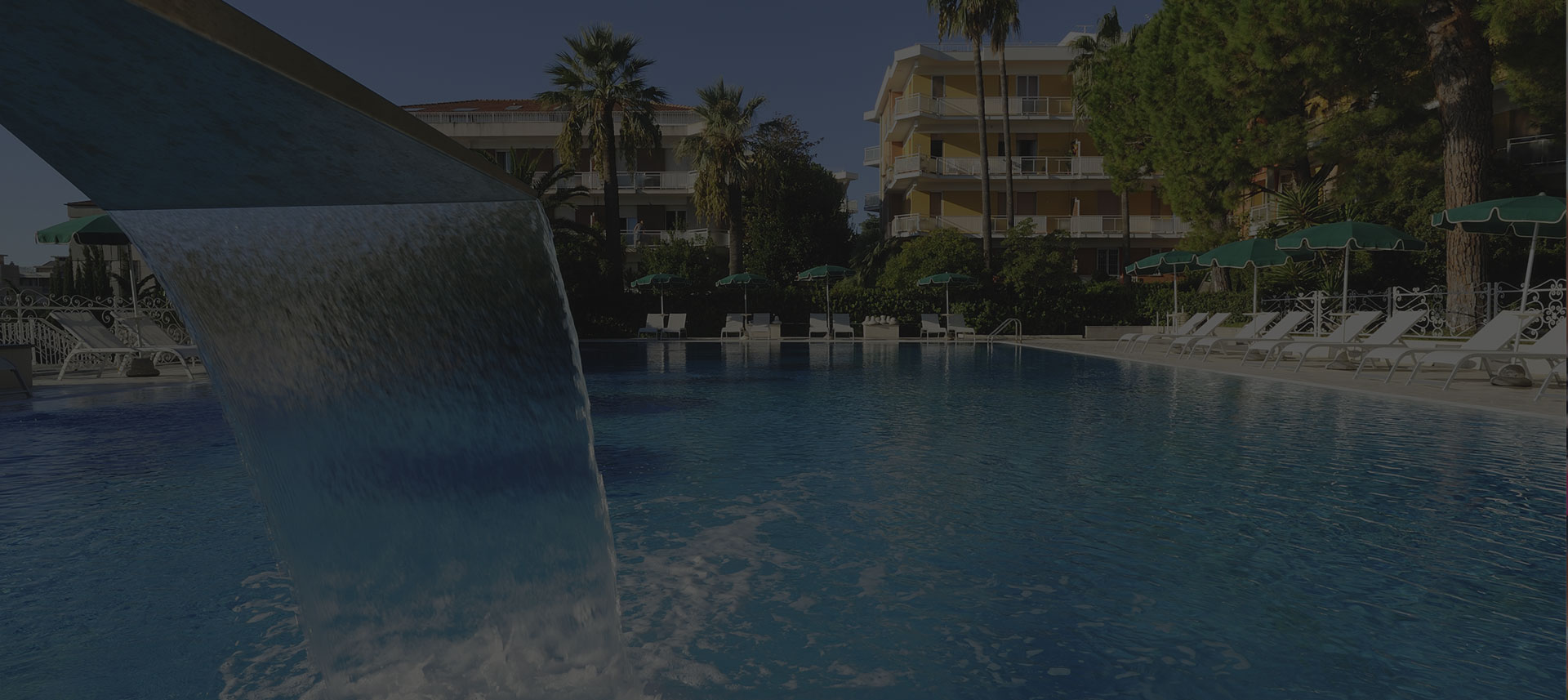


Albenga
It’s one of the most attractive Ligurian city from the historical and archaeological point of view.
It has, in fact, a well-preserved historic center, where the signs of the transformations, that took place over the centuries, however, are visible.
The old town keeps its compact medieval building, on the plant of the Roman settlement, with houses leaning and the famous towers.
Besides the architectural wonders of its historic center, Albenga offers visitors restaurants and true taverns, where you can taste local products.
There are, in the course of the year, markets of craft and agricultural products.
Every year, take place events such a "Fior d'Albenga Vip" - Vegetables in Piazza", to exalt the best of local products: flowers, aromatic and, so called, "the four of Albenga": "purple asparagus", tomato "beef hearth", spiny artichoke and pumpkin "little trumpet".
Among the festivals and most important exhibitions-market, in addition to the exhibition of Salea wines, in July, in San Giorgio (suburb of Albenga), takes place the Festival "du michettin", dedicated to a particular type of fried bread, and also, in Hall "Don Pelle", among other events, a famous festival of dialect theater.
Do not miss the "Historical Palio dei Rioni (neiborhoods)": San Giovanni, San Siro, St. Eulalia, Santa Maria.
For four nights, the Albenga Historic Center goes back in time, to the Middle Age, offering dozens of attractions and dining options, strictly in period setting, food included.
Do not miss performances by fire-eaters, jugglers and musicians, in addition to the ability trials, in which test themselves the neighborhoods, to obtain the aspired "Palio".
It also carries out the election of the "Pulcherrima Puella", the most beautiful of the Palio. Knowledge of Albenga can be enriched by an excursion along the Via Julia Augusta - the ancient Roman road connecting Alassio to Albenga.
It is a great classic tour in the Sunny Bay: a simple and suggestive path, overlooking the sea, where you breathes the weight of history, including the imperial age relicts, a Romanesque church of the ninth century, and the island Gallinara profile, so close that you can almost touch it.
Since 1989 the island is a natural reserve and is part of the natural regional park of Gallinara island.
It is a marine protected area, which houses the largest nesting colonies of royal seagulls of the Ligurian Sea.
Scuba diving, which until short while ago forbidden (because of the presence on the seabed adjacent to the island of unexploded remnants of war) are now allowed, accompanied by local guides of authorized diving-center.
